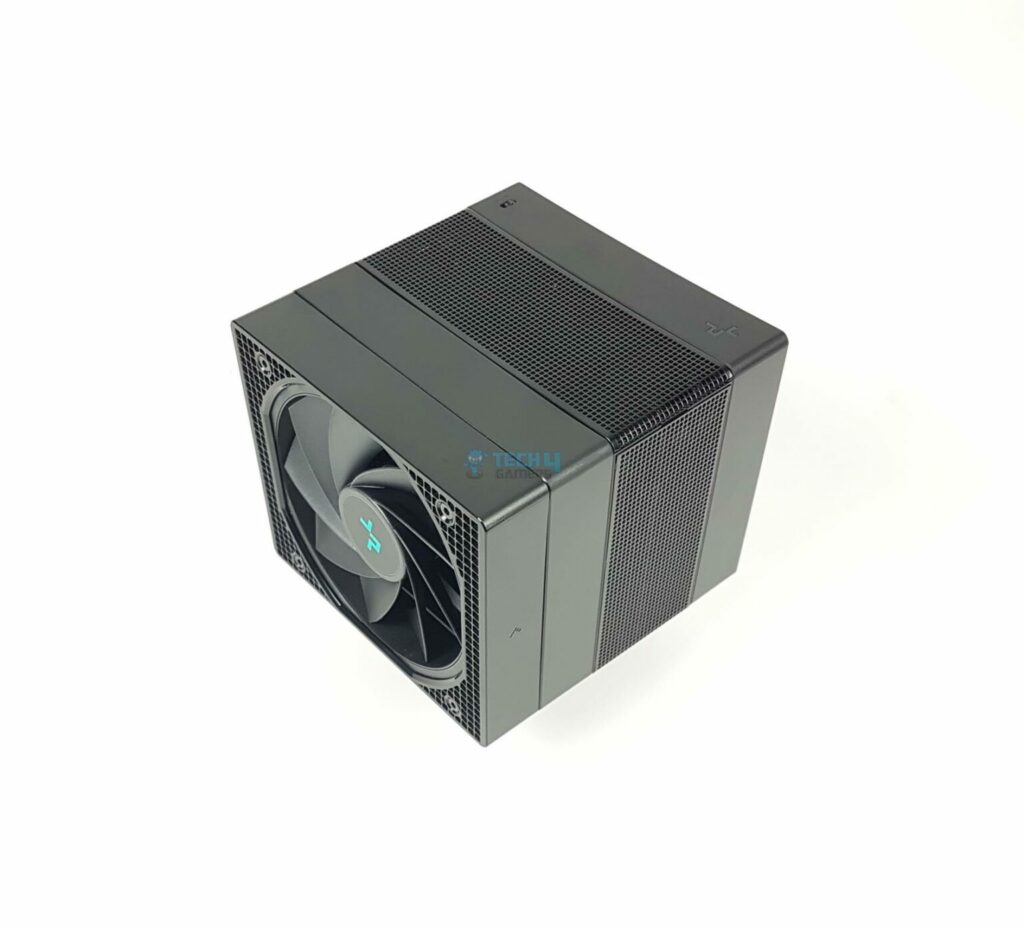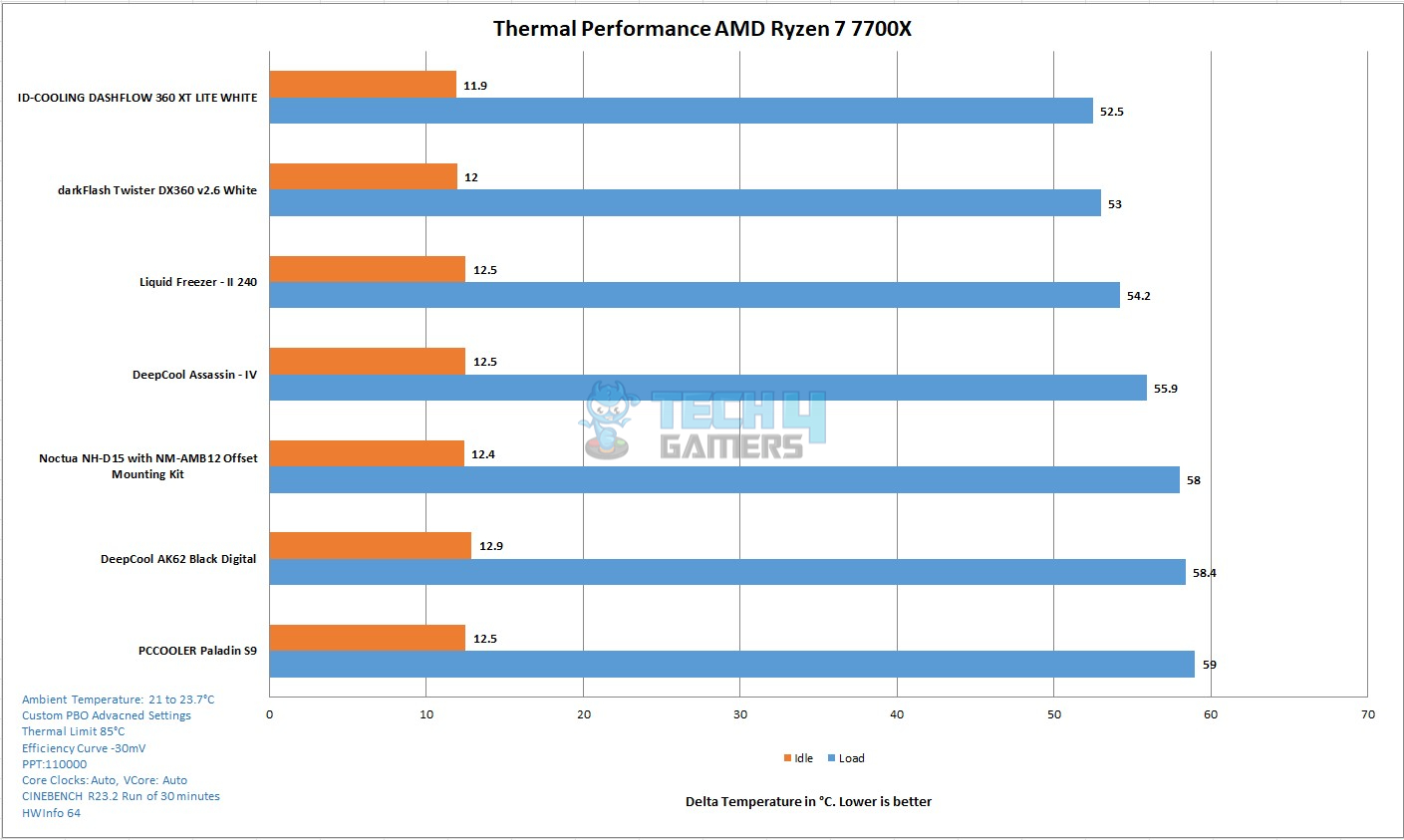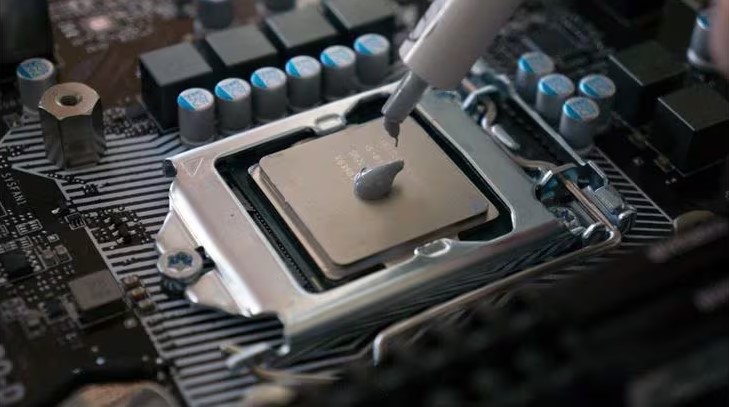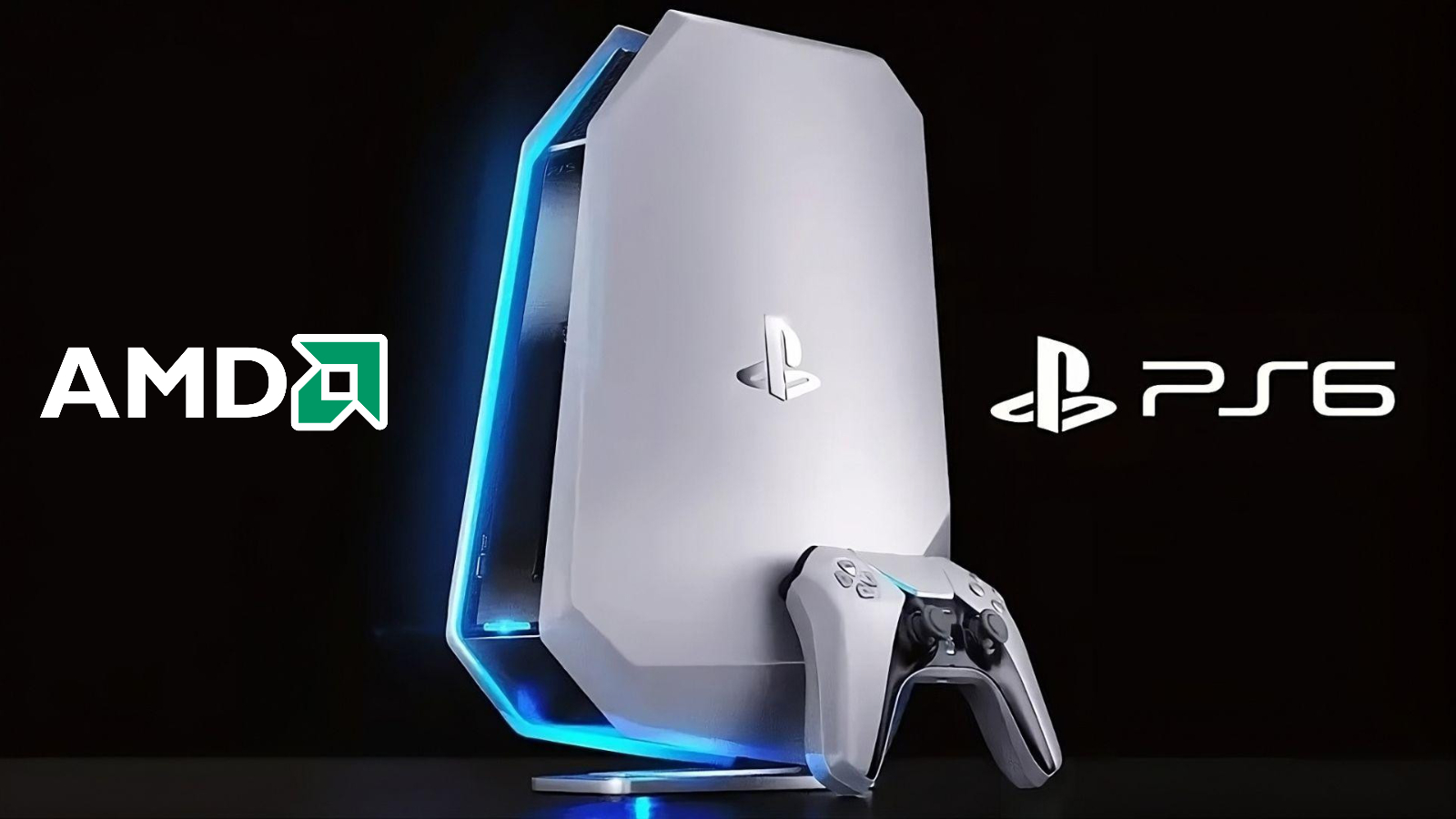- My initial preference for air coolers was biased, but over time, I’ve become fond of them.
- I still prefer air coolers over liquid coolers due to their simple design, top-notch performance, easy maintenance, and cost-effectiveness.
With more and more powerful CPUs entering the market by the day, there has been a significant rise in liquid coolers over the past decade or so. While air coolers are still going strong, they don’t have the same market dominance that they did back then, as consumers (especially those building high-end systems) opt for liquid coolers. Amidst all this, if there’s one person that’s still loyal to air coolers, it’s me. Here’s why I’m still on Team Air Coolers.
Why I’m Still Sticking With Air Coolers
Although the matter of liquid vs air coolers is mostly personal preference-based, the two types do have some key differences and advantages over one another. And, although I’ve been a PC geek since I was very little, I chose an air cooler (the iconic Hyper 212 EVO) for my very first build in 2015, keeping some of those differences in mind.
Over time, this has developed into an admiration of air coolers, and I simply don’t look back anymore. Anyhoo, let me walk you through why I’m still choosing air coolers over liquid coolers.
I’m A Sucker For The Industrial-Like Design
In the past few years, manufacturers have really upped the design game of air coolers with RGB elements, all-black/white finishes, and such. But, they continue to give off a touch of the industrial-like design that has been characteristic of air coolers since the dawn, and this is something I love about them.

Don’t get me wrong; I wouldn’t want one of those dusty Cooler Master heatsinks with an 80mm fan in my PC anymore. Instead, I welcome all the fancy design changes manufacturers have made, but the elegantly simple combination of a heatsink and fan is special to me.
It Ain’t Broke, So I Don’t Need To Fix It
Despite being limited by their thermal conductivity source (air, which conducts heat much slower than liquid), air coolers still perform well. While they may not match the cooling prowess of a 360mm AIO, you can’t expect them to either. What they can do is cool high-end gaming CPUs efficiently as long as you’re just gaming on them.

While a heavier load would give a better idea of the performance difference, all the coolers were tested at full pump and fan speeds. Here, the Deepcool Assassin IV is not far behind the two 360mm AIOs in the list. The Noctua NH-D15 also does fairly well.
The point is that I don’t need to switch over to liquid coolers, as air coolers are still adequate for my needs.
They’re Just Hassle-Free
With every single air cooler I’ve used in my PCs, I have had the peace of mind to not worry about their maintenance or lifespan. AIO coolers can present certain issues (albeit not very often) of pump failure or leaks or eventual evaporation of the coolant (in which case they are rendered useless if the AIO is not serviceable.

With air coolers, the only service life concerns you can have are when their fans die, but those can easily be replaced. So, I know I can use them for years and years without problems as long as I keep them clean and replace the thermal paste every couple of years.
Easy On The Pockets
Since the dawn of the AIO vs. air cooler argument, air coolers have also had one major advantage over AIOs: their price. They generally tend to be cheaper than their liquid cooling counterparts, and that makes sense because they don’t have these extra parts: large radiators, tubes, a motor, and a pump.
So, even the most premium air coolers cost around $100 at most. At the same time, $100 is the mark where most decent 360mm AIO coolers start. For just over $50, you can get a cooler like the Deepcool AK620, which is enough for even the Ryzen 7 7800X3D or i9-14900K.
Air Coolers Are Just So Simple
These were some of the key reasons why I still prefer air coolers over AIO coolers. Other than the cost and maintenance differences, my love for air cooling is mostly just my personal preference. They look and feel simple, can be dirt cheap depending on your needs, don’t require any active maintenance, and can perform on par with some high-end AIOs. I’ll probably continue using them until they’re obsolete.
Thank you! Please share your positive feedback. 🔋
How could we improve this post? Please Help us. 😔
[CPU Coolers & RAM Expert]
Hayyan Serwer is a tech enthusiast, with a love for PC building and article writing. Hayyan specializes in writing about CPU coolers and RAM kits. Hayyan has been familiar with the tech industry for over half a decade now, and has now stepped into providing quality reviews for the latest and greatest tech.
Get In Touch: hayyan@tech4gamers.com


 Threads
Threads

